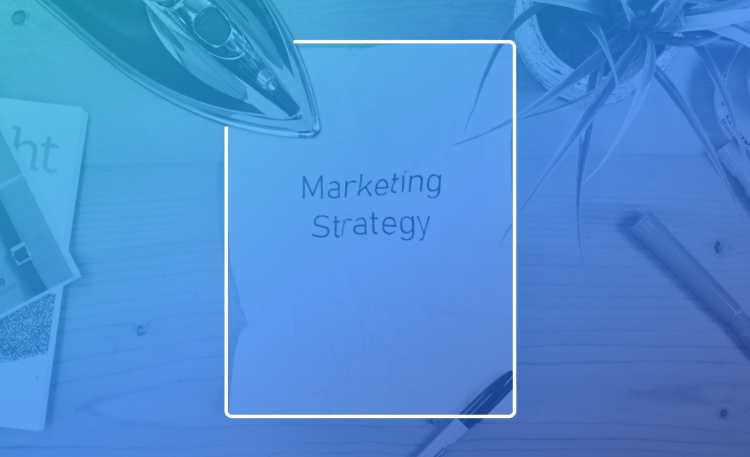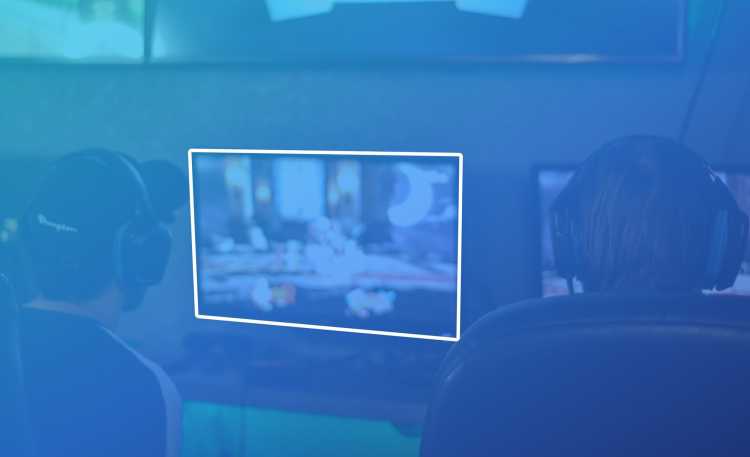The Workplace That Smashes Together, Stays Together
One of the biggest differences between working at a startup and a more 'enterprise-y' company is the attitude towards playing games at work.
One of the biggest differences between working at a startup and a more 'enterprise-y' company is the attitude towards playing games at work. Any self-respecting startup (or larger firm that wants a “start-up atmosphere”) needs a ping-pong table, video games, board games and the like.
There’s some difference in opinion on these diversions. At best, a harmless distraction; at worst, a way to identify unproductive employees. Many people have started to recognize the tangible benefits of playing games at work, like stress relief, relaxation, and improved
focus and decision-making. Games like ping-pong also introduce physical activity, a clear positive for sedentary office workers.
But possibly the most important benefit is a better company culture. Playing games with (and against) your colleagues can facilitate relationships between people who might not otherwise have much to talk about. It encourages collaboration and fosters respect. Most startup founders and employees will agree that these benefits far outweigh the cost paid in the employees' time. The ubiquity of ping-pong tables at startups can
attest to that.
Recently, I’ve begun to notice another huge benefit of competitive gaming, in particular. It creates an atmosphere that encourages constant improvement and personal growth for everyone who participates. Every company wants (and needs) its employees to continuously improve their skills. It’s even more crucial in tech. However, this can be one
of the hardest parts of company culture to implement deliberately. Setting goals for improvement and explicitly measuring progress can be deadly for your team's morale.
When your team gets competitive about a game, be it ping-pong, chess, or Super Smash Bros, they inherently recognize the value of constant improvement. The pros can’t rest on their laurels when everyone else is improving so quickly. They also see the value in taking time to mentor junior employees - a player is only as good as who he practices against. Newbies can't be afraid to ask for advice, lest they stay newbies forever. And sometimes, the newbie can teach the pro a few things.
A player's sportsmanship offers insights into their personality that you might not see otherwise, for better or worse. Does a player gloat and taunt after a win, or remain humble and offer advice to the loser? Do they become bitter and resentful after a loss, or take the L as a learning opportunity? Obviously, no one likes a sore winner, but identifying these traits can help avoid conflict down the road.
At Quantum Mob, a healthy competitive scene has emerged around both ping-pong and the well-known video game Super Smash Bros. The similarities between these games point to what makes a game worthwhile to have in the office, and which aspects help to create that culture of personal growth that’s so hard to attain.
Both games can be played in as little as 10-15 minutes, the perfect amount of time for a break from work.
Both games encourage personal responsibility by eliminating any source of
random chance, like dice rolls or computer-controlled opponents. InSmash Bros. and ping-pong, the only factors are you and your opponent. Players have
to acknowledge and learn from their mistakes in order to improve.Both games have a relatively shallow learning curve, allowing new players to
quickly see improvement in their game and not get discouraged. Unlike most fighting games, Smash Bros. doesn’t require complicated inputs to perform the best moves. New players can focus on the game itself instead of memorizing button combinations.Both games are usually very exciting, and the intensity can easily build over the
course of a match. It’s common to hear screams of exasperation, joy and surprise at an upset victory, a surprising comeback or an unbelievable play. These moments build a lasting bond between players.
It can be hard to justify the initial cost of a ping-pong table or gaming setup, let alone the lost working hours. But if we take a more holistic approach to workplace culture, it’s easy to see the benefits of fostering a culture of continuous improvement. Casual competition is one of the easiest, least intrusive ways of encouraging employees to become invested in each other's personal growth. So if you feel that your company culture is stagnating and morale is dropping, a ping-pong table or Nintendo Switch might be just what your office needs.
Newsletter Sign-up
Receive summaries directly in your inbox.






